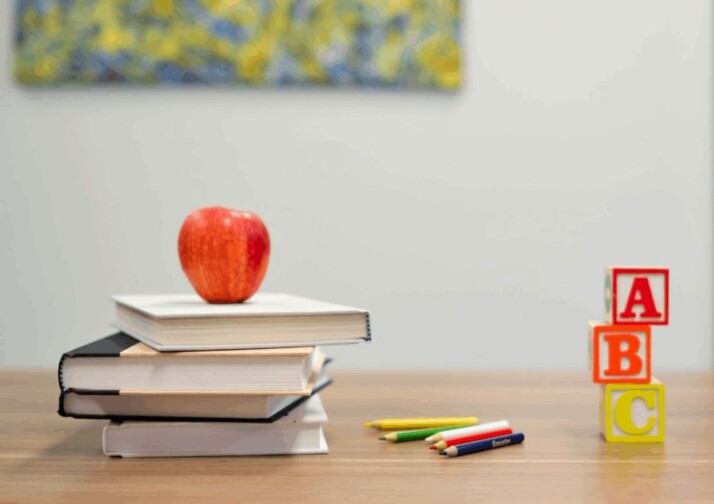Spellings and grammar rules in English can sometimes seem random. This is because many of the English words have been derived from other languages.
The change in spellings from Old English to Modern English occurred over time. Therefore, it can be confusing why a word is spelled in a particular way or how the grammar rule works.
One such case arises with the word “child.” How do you spell children? And why can’t you write “childs” instead of children? This article discusses the reasons behind the confusion in the spelling of children.
How Do You Spell Children?
“Children” has two vowels and six consonant letters. The phonetic transcription of children is /chIldrUHn/, and it sounds like chil·druhn in both American and British English. The way to correctly spell the word is to split it into its syllables.
“Children” is a 2-syllable word: chil-dren with the stress on the first syllable. To spell the word correctly and easily, you can simplify it even more.
Break it down into chil + d + ren, which then makes each portion of the word easier to spell out without any mistakes.
Another way to spell children correctly is to break it down into the base word plus suffix, which looks like:
Child (root word) + ren (plural suffix) = Children
The plural suffix -ren is derived from Old English to form the plural form of some irregular nouns.

Why Is Children the Plural, Not Child’s?
Some of the nouns in Old English, which followed a specific pattern, didn’t form their plurals with the typical “s” ending. These irregular nouns were pluralized by adding “-n” at the end, for example, eyen (eyes), shoen (shoes), and housen (houses).
The “-ren” is a typical plural ending for many irregular words derived from the early phases of the English language. It was never a single suffix but a plural suffix that combined traditionally used plural suffixes “-re/-er” plus “-en.”
In Middle English, the -en ending was so common that it was even added to existing irregular plurals. As a result, the word childer (dialectal plural for “child”) became children in regular English.
Definition of Children With Example Sentences
“Children” is a noun, and it is the plural form of “child.” It refers to a young person who has not reached puberty yet or is under the legal age of maturity. Sometimes, children could also mean a son or daughter of any age. Below are its formal definitions with examples.
- The children went to play in the park.
- They are planning to adopt two children.
- It’s a difficult emotion for the parents when children leave home to study.
Can We Write Childrens?
No, we cannot write childrens. The word “children” is already in its plural form. Regular words add “s” at the end to form plurals. And to form the possessive, you only need to add an apostrophe at the end without doubling the “s.”
For example, cats become cats’, not cats’s. Since “children” is already a plural noun, we cannot write childrens. Also, the possessive form of children is childrens’, not childrens’s.
To Wrap Up
There’s nothing called hard and fast rules for English spellings. While there are numerous grammar rules to follow, there are dozens of exceptions as well.
You may ask if the plural of a boy is boys, then why a child cannot be pluralized to childs? The answer lies in the etymology of the word and how it was derived from various languages.
So, how do you spell children? This article discusses some tricks to spell the word right with some grammatical details.
Explore All Spell Check Articles
How to Improve Your Spelling As an Adult
Both native speakers and language learners find English spelling tough to master. Because English is a language that absorbs new…
How to Spell Yesterday — a Quick Spelling Guide
There are times when English can seem confusing. Many of the words in English are freely borrowed from other languages.…
Can’t Spell Review? Read This Right Away!
There are times when English spelling can appear confusing. English borrows many of its words from other languages. This Germanic…
How to Spell None — a Quick Spelling Guide
Sometimes, English spelling can seem perplexing. Many of the words in English originated in other languages. Germanic language English consists…
Having Some Issues? Correct Spelling of Issue!
English may seem confusing at times. Many of the words in English were freely borrowed from other languages. Languages such…
The Correct Way of Spelling Decide!
English spelling can sometimes seem confusing. English borrows many of its words from other languages. English, a Germanic language, consists…
